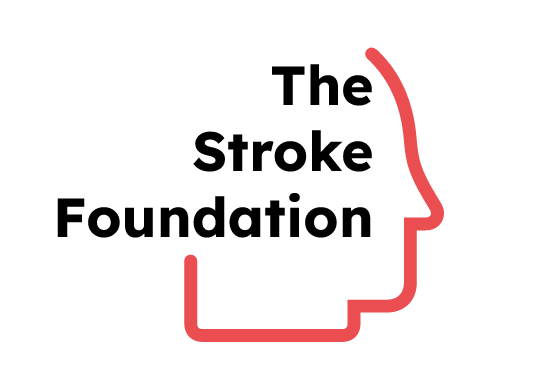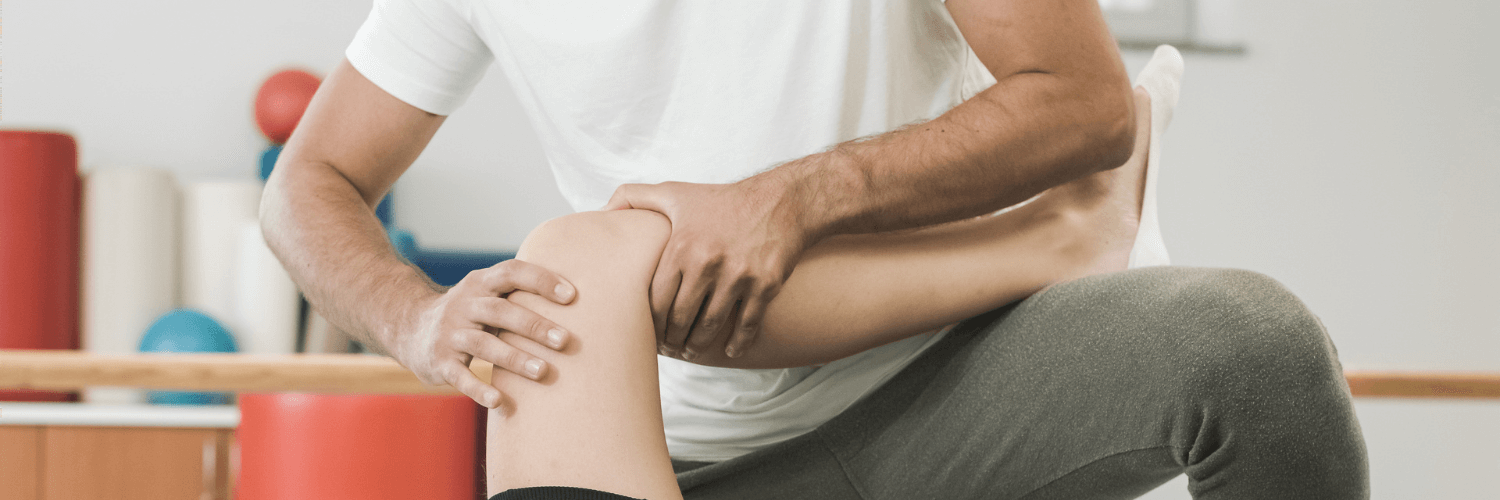Primary Care Doctors and Nurses
These are often the first people you see when you arrive at the hospital and the ones you'll see most frequently during your stay. You may have:
- A primary doctor managing your overall care
- Specialists, like a cardiologist if your stroke affected your heart
- A rotating team of nurses providing day-to-day support, medication, and monitoring
They are your central care team—checking in, answering questions, and coordinating your treatment plan.
Neurologist
Your neurologist is the brain expert on your team. They’ll:
- Monitor how your brain is healing
- Order and review scans or imaging
- Adjust medications as needed
- Help assess any changes in cognition, behavior, or physical abilities
Think of them as your brain’s advocate—watching for progress and guiding your long-term neurological care.
Physiatrist
A physiatrist is a medical doctor who specializes in physical medicine and rehabilitation. They focus on:
- Restoring movement and physical function
- Managing pain, muscle tone, and spasticity
- Overseeing your overall rehabilitation plan
They often work closely with your physical, occupational, and speech therapists to keep your progress on track.
Neuropsychologist
Strokes can affect how we think, remember, or process emotions. A neuropsychologist helps identify and address those changes through:
- Cognitive assessments
- Mental health support
- Strategies to adapt to challenges in memory, focus, or decision-making
They help ensure your recovery includes not just the body, but the mind.
Physical Therapist (Physiotherapist)
Physical therapists help you rebuild strength, balance, and mobility. If your stroke has affected how you move—whether it’s your legs, arms, core, or coordination—they’ll guide you through exercises and movement training to help restore function.
At first, this may involve:
- Relearning how to stand or walk
- Strengthening muscles weakened by the stroke or hospital stay
- Working on balance and posture
They are essential partners in helping you become more independent and confident in your movement.
Occupational Therapist
Occupational therapists (OTs) focus on daily life skills—the small tasks that make a big difference in your independence. This includes:
- Bathing and dressing
- Brushing your teeth or hair
- Cooking and eating
- Using tools and devices
Your OT may evaluate your home setup, recommend adaptive equipment, and guide you in rebuilding skills for everyday living.
Speech-Language Pathologist (Speech Therapist)
A stroke can affect your ability to speak, understand language, or swallow. Speech-language pathologists help with:
- Aphasia: Difficulty speaking or understanding words
- Dysphagia: Difficulty swallowing
- Cognitive-communication: Challenges with memory, organization, or following directions
They use specialized exercises and strategies to help you regain safe and effective communication and eating skills.
Dietitian (Nutritionist)
Your nutrition needs may change after a stroke—especially if swallowing is difficult or you’re adjusting to new medications. A dietitian can:
- Develop a nutrition plan that supports healing and energy
- Help with modified diets for dysphagia
- Make recommendations based on your health goals and risk factors
Social Worker or Case Manager
Recovery isn’t just physical—it can be emotional and logistical, too. Social workers help you and your loved ones:
- Navigate the emotional impact of stroke
- Access community resources and financial assistance
- Plan for discharge and home care
- Advocate for your needs throughout recovery
They’re a vital support system as you transition from hospital to home.
Teamwork in Action
You may meet many of these professionals at once or gradually as your needs evolve. Often, they will come together—along with your primary caregiver—for a care planning meeting. This is your chance to:
- Ask questions
- Share your goals
- Be honest about your living situation, support system, and challenges
The more your team knows about your needs, the better they can support your recovery.
What Happens After the Hospital?
Stroke recovery doesn’t end when you go home. You may continue working with this team through outpatient appointments, telehealth, or home-based therapy. Follow-up care is essential—especially as you regain independence and adjust to new routines.
Wherever you are in your recovery, know that you don’t have to navigate it alone.
Final Thoughts
Your stroke recovery team is here to support you—your goals, your healing, and your return to life after stroke. Each expert brings something unique to your journey, and together, they make a powerful difference.
Don’t be afraid to ask questions, speak up about your needs, or lean on this team. You deserve a recovery plan that works for you.


%20(2)%20(1).png)

.png)

